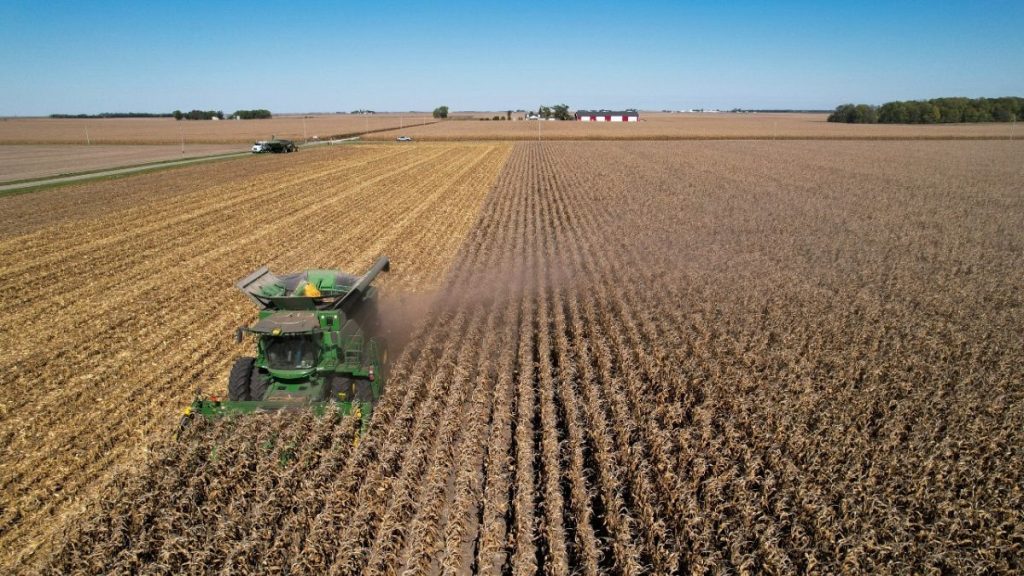The latest State of the Union episode focuses on various topics including the future of agriculture in the EU, the situation in the Middle East, the plans of the new French government, and a pumpkin aiming for a Guinness Book of Records title. In the Middle East, tensions escalated with Israeli strikes in Lebanon and retaliatory action from Iran. The EU called for a cessation of violence to prevent further bloodshed. Meanwhile, the new French Prime Minister emphasized the need for tax justice and shared efforts to tackle debt, although concerns linger among the public regarding potential financial burdens. French farmers continue to face challenges, prompting promises of aid from the government and calls for a reevaluation of agricultural practices across Europe.
The agriculture sector in the EU is undergoing significant changes, with a shift towards fewer family-run farms and the emergence of larger “mega farms”. This trend raises concerns about rural job opportunities, community sustainability, and economic disparities within the farming industry. Greenpeace’s EU agriculture policy director highlights the importance of supporting smaller family farms to prevent further economic inequalities and rural depopulation. Encouraging young individuals to consider a career in farming is crucial for a generational renewal, but challenges such as high land prices and policy limitations need to be addressed to ensure their success.
In a lighter note, twin brothers from Britain have been attempting to grow the world’s largest pumpkin, with their produce increasing by 30 kilograms daily and requiring meticulous care. The pumpkins, expected to reach an impressive weight of 1,500 kilograms each, are a result of the twins’ dedication and expertise in pumpkin cultivation. The current Guinness Book of Records title for the heaviest pumpkin stands at 1,246.9 kilograms, set in the previous year. The brothers’ achievement serves as a testament to their agricultural skills and dedication to breaking records in the industry.
In the political arena, the new French government under Prime Minister Michel Barnier is focusing on enhancing tax justice, with plans to increase taxes on wealthy individuals and large companies. The move aims to alleviate spiraling debts and foster collective recovery efforts, although concerns persist among the public about bearing the financial burden. French unions have voiced social demands and emphasized the need for accountability from the government. The agricultural sector, a perennial concern for French policymakers, continues to face challenges, necessitating a comprehensive review of existing policies to support struggling farmers and promote sustainable agricultural practices.
The escalating tensions in Europe’s southeastern neighborhood, prompted by Israeli strikes and Iranian retaliation, have raised concerns among international observers about the region’s stability. Calls for a cessation of violence and a guarantee of sovereignty for both Israel and Lebanon have been emphasized by EU foreign policy chief Josep Borrell. The need to avoid further military escalation and prevent severe consequences is paramount. As the situation unfolds, diplomatic efforts and international engagement will be crucial in de-escalating tensions and promoting peaceful resolutions. The challenge of maintaining stability and security in the region remains a priority for global leaders and policymakers.


